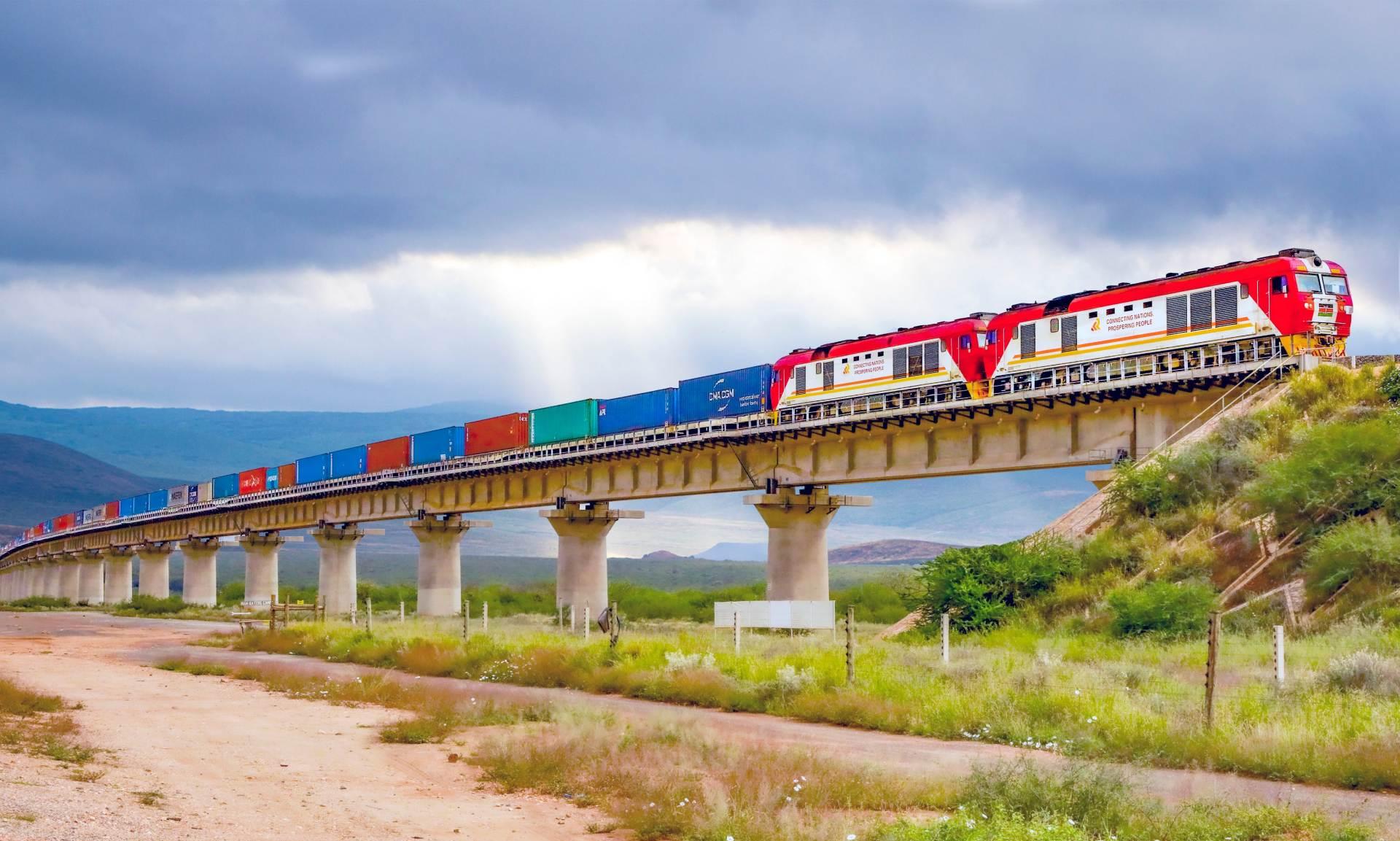Thai Air Transport Set for Take-Off as Post-Pandemic Demand Soars
Thailand's air transport sector is poised for continued strong growth, buoyed by a resurgence in demand following the pandemic and the ongoing boom in e-commerce, according to an analysis by the Department of Business Development, Ministry of Commerce.
The report for March 2025 indicates a healthy upward trajectory in both revenue and profitability for the industry over the past three years.
, the director-general of the Department of Business Development, emphasised that 2025 is shaping up to be a banner year for Thai air transport, with both past performance and future projections looking exceedingly positive.
This aligns with the optimistic outlook for the global air transport industry, which is forecast to see total revenues exceeding $1 trillion this year, with profits around $36.6 billion, passenger numbers surpassing 5.2 billion, and air cargo volumes hitting 72.5 million tonnes.
This makes air transport a star performer both at home and abroad, with increased market competition anticipated.
In Thailand, the air transport market remains relatively concentrated due to the significant capital investment required and the stringent global aviation standards that must be met. Consequently, the number of new companies entering the sector each year has been modest.
Data from the Department of Business Development reveals that in 2022, four new companies were established with a total registered capital of 12 million baht.
This rose to nine companies in 2023 (a 125% increase), with a capital of 411.25 million baht (a substantial 3,327.09% increase). However, in 2024, the number of new entrants fell to seven (a 22.23% decrease), with a capital of just 7.6 million baht (a 98.15% decrease).
In the first quarter of 2025 (January to March), only one new company was registered with a capital of 200,000 baht.
Foreign investment in Thailand's air transport sector totals 7.146 billion baht, representing 13.36% of all investment in the industry. The top three foreign investors are China (215.16 million baht), Switzerland (206.25 million baht), and Malaysia (204.62 million baht).
The average total turnover for the sector over the three years from 2021 to 2023 was 268.96 billion baht, with an average total profit of 56.42 billion baht.
Total turnover for the entire sector was 190.06 billion baht, with a total profit of 69.58 billion baht.
Total turnover increased to 245.46 billion baht (a 29.15% rise), while total profit fell to 25.84 billion baht (a 62.87% decrease).
2023: Total turnover surged to 371.37 billion baht (a 51.30% increase), and total profit rebounded to 73.86 billion baht (a significant 185.88% increase).
As of March 31, 2025, Thailand has 141 air transport businesses with a total registered capital of 53.5 billion baht.
These are structured as 128 private limited companies (capital of 10.37 billion baht), nine limited partnerships/ordinary partnerships (capital of 17.26 million baht), and four public limited companies (capital of 43.12 billion baht).
Data from the Civil Aviation Authority of Thailand indicates that in 2024, Thailand saw a total of 141 million air passengers, a 16% increase from 2023 (122 million passengers).
The total number of flights reached 886,438, a 12% rise compared to 2023, and air cargo volume reached 1.51 million tonnes, an increase of over 22% (1.24 million tonnes in 2023).
This expansion is largely attributed to the reopening of the country, visa exemptions for numerous nations, the recovery of tourism, and the driving force of the e-commerce market.
The air transport sector is a vital cog in Thailand's economic machinery, facilitating both travel and freight.
Thailand has set its sights on becoming a regional aviation hub and aims to climb to 9th place in the global aviation market by 2033 (currently ranked 19th).
SCB EIC suggests that key factors that could propel Thailand to become a leading regional aviation centre include:
However, the Thai air transport industry still faces considerable headwinds, including rising operating costs that necessitate efficient cost control throughout the supply chain, geopolitical and global economic uncertainties, volatile oil prices, and customs duties imposed by major global powers – risks that Thai airlines cannot avoid.








